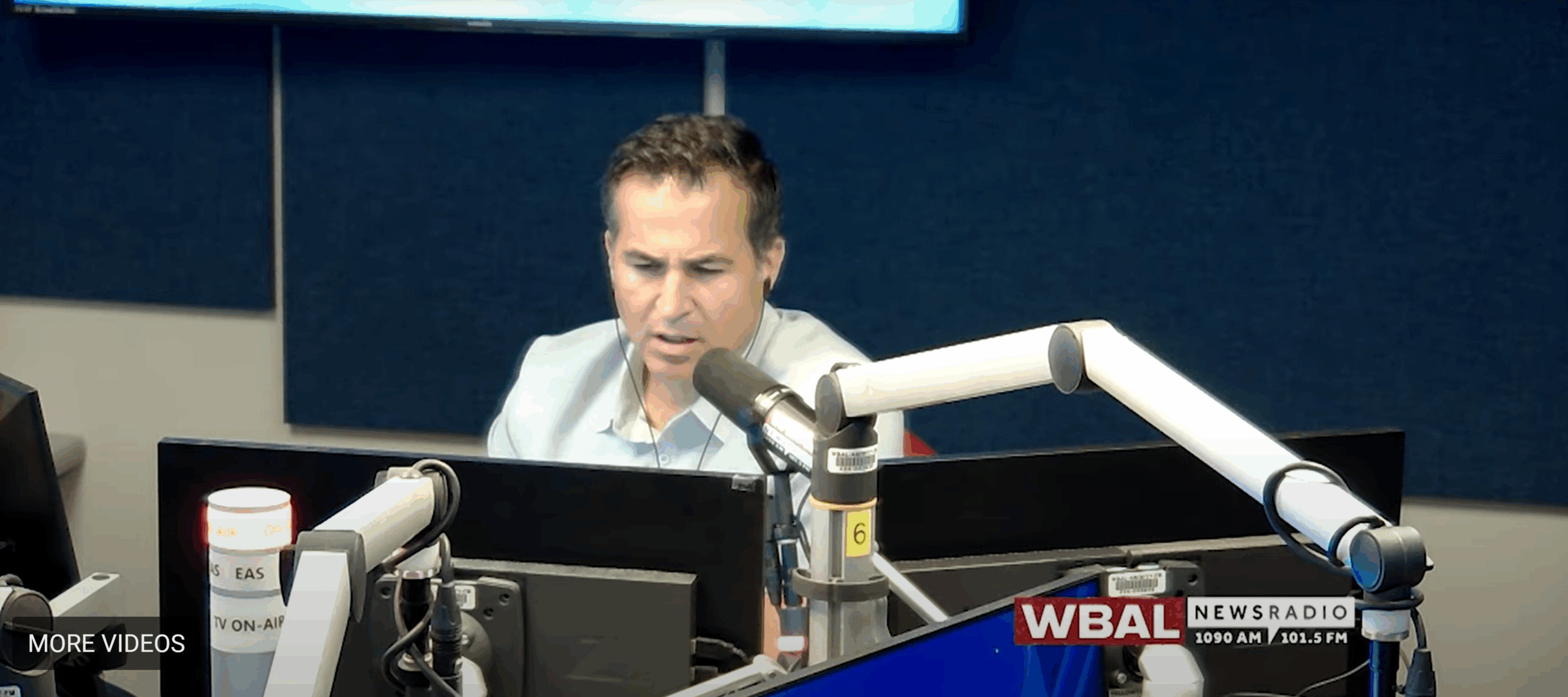In an interview with WBAL Radio’s C4 and Bryan Nehman, Delegate Matt Morgan, Chairman of the Maryland Freedom Caucus, provided a counter-perspective on the controversial “Big Beautiful Act,” which recently became law.
Addressing concerns about potential cuts to Medicaid in Maryland, Morgan emphasized the need for a balanced narrative, criticizing what he described as “fear-mongering” over the reforms.
Morgan stated, “There’s been so much fear-mongering over this bill, and it’s just not right. There’s the other side of the story. And one of the reasons why Maryland would be facing a lot of these cuts is because of the expansion that the General Assembly has chosen to implement.”
Nationally, the federal budget proposal includes up to $880 billion in cuts to Medicaid, $268 billion to the Affordable Care Act Marketplaces, and $230 billion to SNAP over the next decade.
“Medicaid is a critical lifeline for over 1.5 million Marylanders, including nearly half of the state’s children,” said Dr. Meena Seshamani, Maryland Secretary of Health. “The proposed changes will prevent access to care and services while creating unnecessary barriers to coverage. That is why it is so important for the state and stakeholders to work in partnership to protect the health of all Marylanders.”
According to Morgan, the reductions are a result of state-level decisions rather than federal legislation. Morgan highlighted how Maryland’s significant Medicaid expansion in recent years—extending coverage to non-citizens and other groups during COVID-19—has placed immense pressure on the state’s fiscal health.
He explained that Medicaid, originally intended to help vulnerable populations, now covers nearly 27% of Maryland’s population, costing $2.5 billion annually.
Despite claims that up to 200,000 individuals could lose coverage due to the bill, Morgan argued that many such cases involve individuals who either exceed income limits, are non-citizens, or fail to meet new work requirements.
“The General Assembly has chosen to cover noncitizens and really expand Medicaid to the point where we’re just busting at the seams.” Despite federal cuts proposed by the “Big Beautiful Act,” enrollment would still be higher than pre-pandemic levels, Morgan noted.
According to Morgan, these changes are necessary for preserving resources for those truly in need while combating fraud and waste in the system.
Speaking on the importance of the semi-annual eligibility review, Morgan said, “Basically, we’re trying to preserve the program for the people that actually need it.”
“It’s trying to really just cut down on waste, fraud, and abuse,” Morgan said.
Morgan pointed to Maryland’s error rate in administrative programs, such as SNAP, to back his point. According to the delegate, the rate stood at a staggering 35% in 2022, which he says prompted the “Big Beautiful Act’s” efforts to enforce stricter cost management.
“It makes cuts to the SNAP program. It doesn’t cut benefits. It cuts the administrative costs. So it makes the states have more skin in the game when they have higher error rate, meaning they are handing benefits out to people that didn’t deserve them.” he said.
And while the rate was 35% in 2022, it did improve to 18% in 2023.
Morgan also contrasted Maryland’s fiscal challenges with neighboring states like Virginia, which avoided similar expansions during the pandemic and now enjoy budget surpluses. He argued that Maryland’s current economic strain reflects policy choices made in Annapolis.
“I think this big, beautiful bill really bails the state out. It saves us money, and it covers up a lot of holes created by the bad decisions coming out of Annapolis.”
Morgan predicted that the number of people on Medicaid in Maryland could decrease to around 1.5 million, with approximately 200,000 losing coverage.
Reflecting on past welfare reforms, Morgan said, “It’s getting people back into the workforce and making them self-reliant. And that’s what we really want.”
He concluded by noting that the impact of the act could empower individuals to thrive outside government dependency—a vision he says aligns with the act’s broader goals.
Originally published by Wbal.
Source: Wbal
